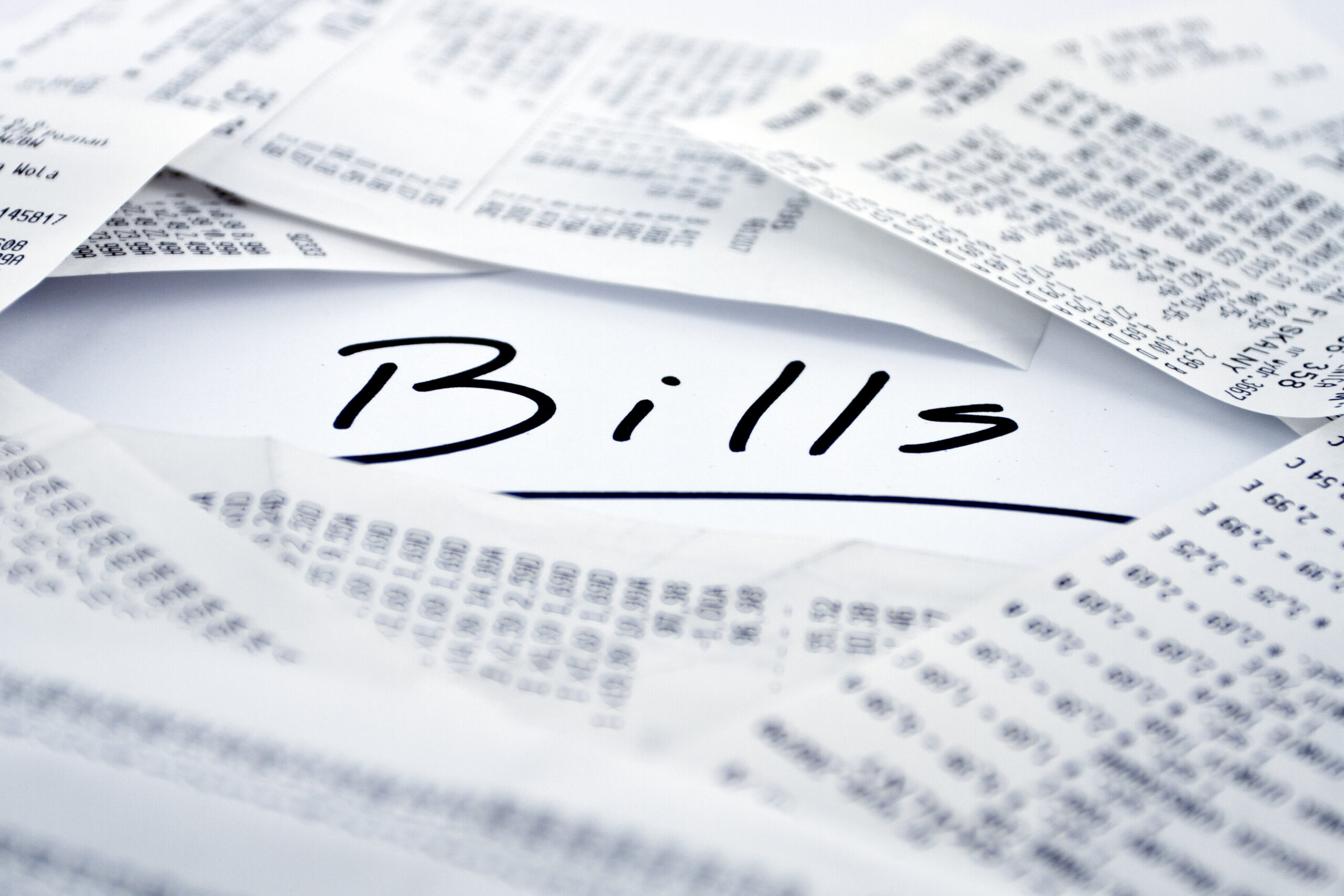The Most In-Demand Job Skills

Oct 01 | 2020

As labor market demands continue changing, redesigned job skills are working their way to the top of employers’ desired skill sets for employees. With nearly 14 million Americans currently looking for work, giving your resume an update has never sounded better! We have cultivated a list of the most coveted and in-demand job skills you




